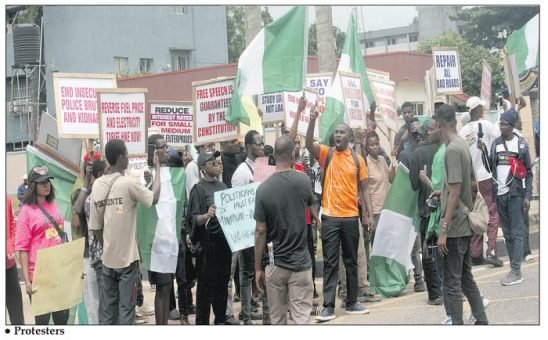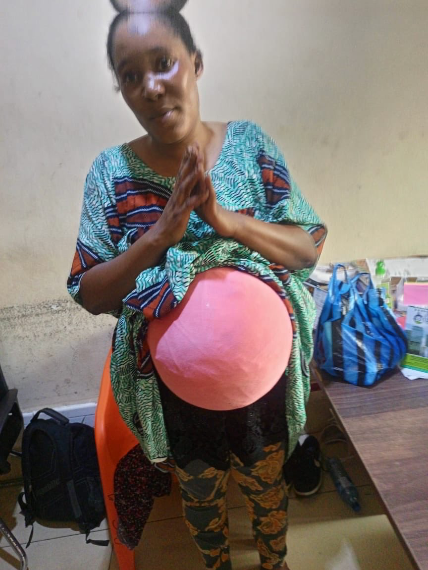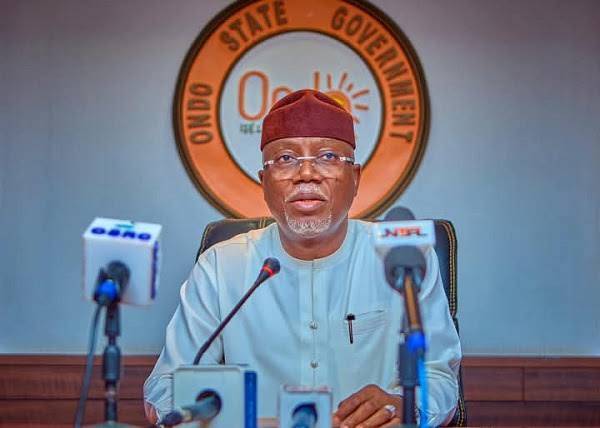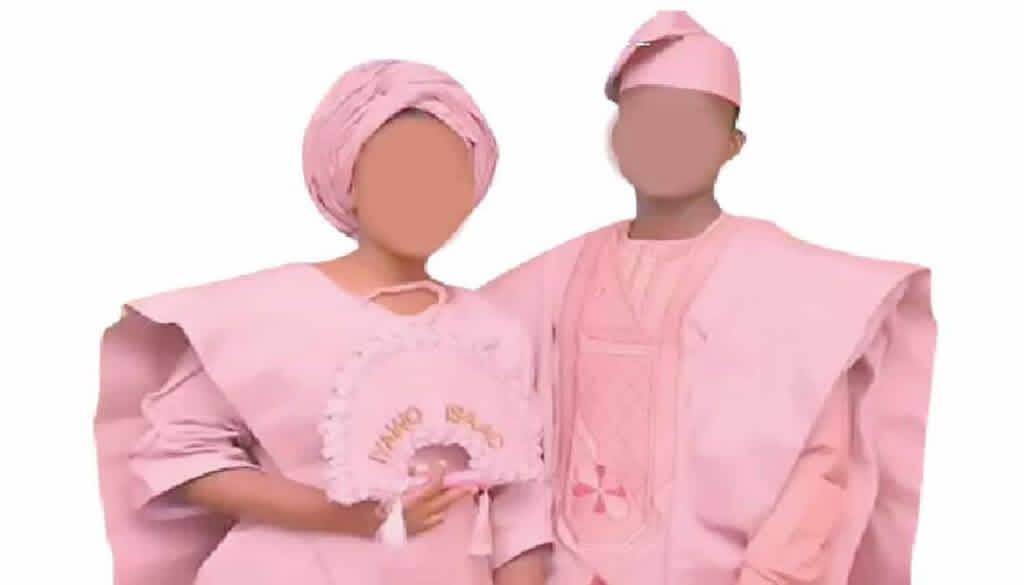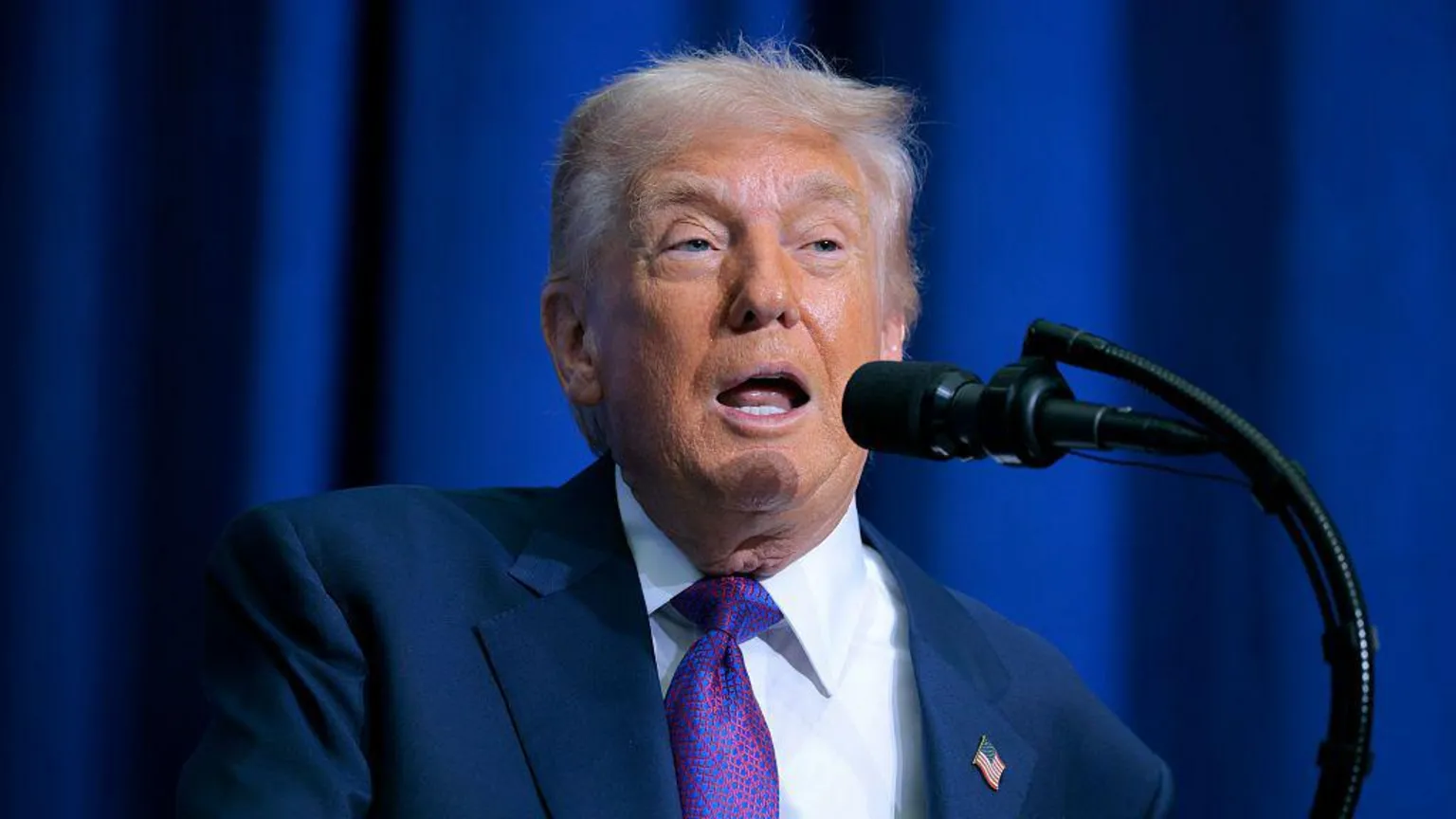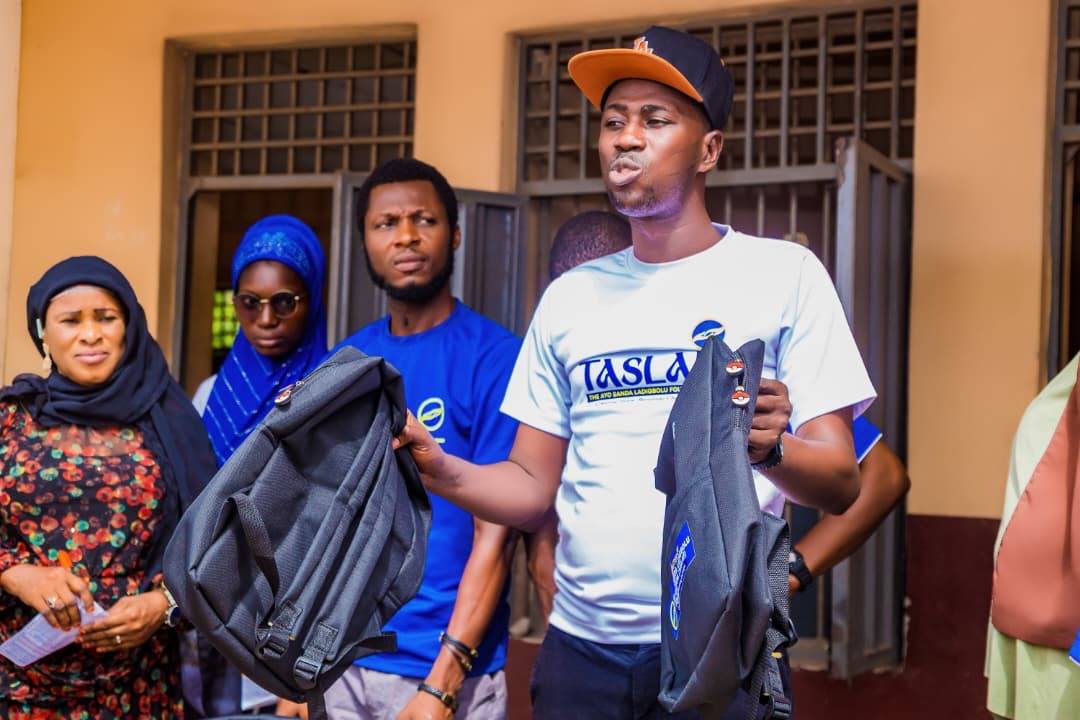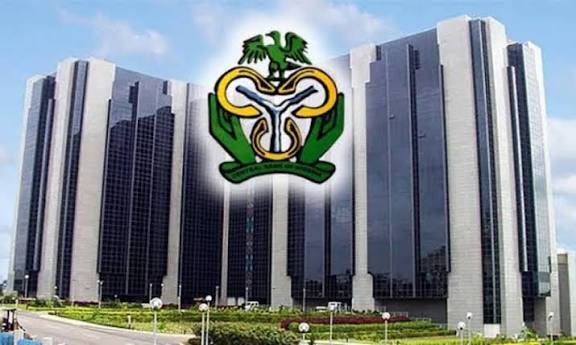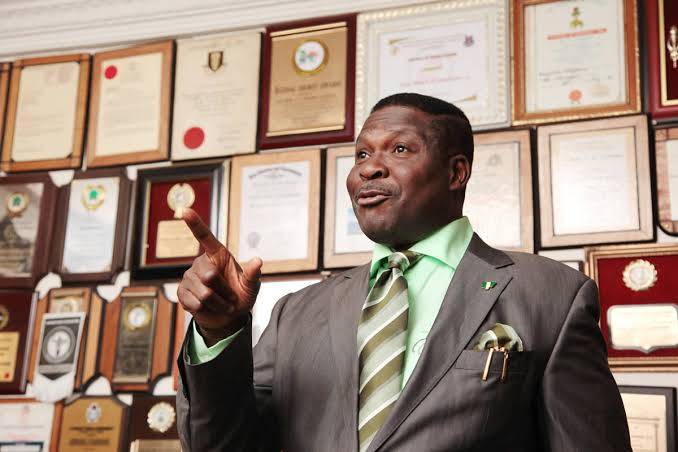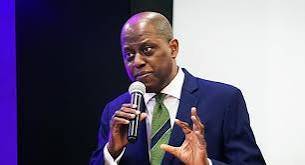By Tunji Adegboyega
Endbadgovernance protests as products of multidimensional frustrations
Anyone with a clear understanding of the depth of the hunger in the land would know that nothing could have prevented the #Endbadgovernance protests that took off in several parts of the country on August 1. But, that it happened under an administration that is barely one year old, and one that has, within so short a time, rolled out a lot of revolutionary policy measures is regrettable but yet a pointer to the fact that something is wrong somewhere.
I said it on this page on June 2, in a piece titled “Food infrastructure”, that the government should prioritise food security. That was two clear months before August 1. Permit me to quote, albeit extensively, from the write-up since I cannot repeat the entire piece because I have to accommodate fresh developments.
The cause/s of the protests we all know.
President Bola Ahmed Tinubu himself admitted that he has heard Nigerians loud and clear that things ‘is’ hard (apologies to Sonala Olumhense).
For me, that should be the spirit. I nonetheless don’t have problems with people who might want the president to go after foes, real or perceived, who allegedly fuelled or sponsored the protests.
But the government would be naive to ever think that there would not be foes that would work assiduously towards its failure. It has always been like that with us. Indeed, I had repeatedly pointed that out on this page.
Back to my “Food infrastructure”. Here I go: “Food prices are just astronomical. Unfortunately, food has no alternative. Human beings must eat. If any other thing can wait; not food. Even if one is on marathon fasting; like litigation, there must be an end to it.”
I also alluded to the giant strides that the Tinubu administration has recorded: “…in fairness to the President Bola Ahmed Tinubu government, it has done a lot in one year…
“But all of these and many more seem to have paled into insignificance simply because food is still expensive. Pure and simple. This is the singular veil that is blurring other achievements of the government and understandably so.”
Still on my quotable quotes: “Even in local Yoruba parlance, they say ‘ebi ki wonu, ki oro mi wo’, or t’ebi ba ti kuro ninu ise, ise buse’, both literally translated to mean if hunger is out of the poverty question, then the rest is easy to address.”
I also said Nigerians are not interested in figures of the tonnes and tonnes of grains the government claims it has released from its strategic reserves. What they are interested in is the result on food prices.
Moreover, no pun was intended when, in that same piece, I said the Minister of Agriculture “is the minister that the president must keep in touch with per second 24×7 because his ministry is the most important at this point in our national life”.
I also remember quoting an aspect of Pastor Enoch Adeboye’s statement that “if love is blind, marriage would open it”. “…If politics or tribe or religion is blind, hunger would open it. That is what is playing out in the country.”
But, in the midst of this hunger, we have a political class that is living like oil sheikhs, with their belts ever widening and their bellies ever protruding underneath well-starched ‘babarigas’ that seem their exclusive preserve. Nigerians cannot understand this sharp contrast.
Moreover, there are several government expenditures that they also cannot see to be in tune with the economic crisis that the government claims the country is going through. Some examples would suffice.
We started with the depressing news of our National Assembly members who insisted on getting exotic imported jeeps of about N160m each! Even in the prosperous countries, their lawmakers do not enjoy such luxury. It is only in Nigeria that people have not only turned part-time job into full time; they are also bleeding the citizens to sustain their extravagant lifestyle.
There are several other public expenditures that are out of tune with the economic picture that the government is painting.
Again, Nigerians are also sad that those who brought the country to where it is are still walking free. I wonder why the government is not opening up on some of the issues that it should have opened up on.
For instance, we have always known that our crude had been sold upfront by some of the previous regimes. But many of us do not know to what extent. I think it has got to the stage where everyone has to answer his father’s name. President Tinubu might have succeeded a fellow All Progressives Congress (APC) president, and one that he played an active part in enthroning for that matter. But what was the extent of the Buhari government’s crude sale?
Giving full disclosure on this would
rather help to put the record straight, and, more important, enable us ask questions concerning how they not only ate up the country’s present in their time, but also why they had to dip their hands into the pies of the future. In a nutshell, what did they do with the proceeds?
An energy expert, Mr Olabode Sowunmi, made the startling revelation on Channels Television that some of the upfront sale of crude are for as long as 15 to 30 years! According to him, even the present government has had to travel that route.
In truth, there may not be much wrong with this type of arrangement if the money is spent for regenerative purposes. At least we will always recoup the money and our unborn children would not have to pay only to satisfy the lustful appetite of elders who are not contented with eating up their present but are also eager to eat up our children’s future.
One has to dwell much on this because it is part of the reasons why the Naira is crawling in the forex market. A significant amount of forex that should naturally be coming into government’s coffers is not available due to these upfront consumption because crude oil accounts for about 75 percent of our national revenue.
The prognosis is really frightening.
Given the scenario painted by Sowunmi, we just have to be cautious about our optimism on energy security. After meeting Joint Venture Agreements, and honouring our upfront crude sales obligations, what is left is not going to go round Dangote and other private local refineries, not to talk of when the government-owned refineries also become operational. Meaning we would have to be importing crude to meet aspects of local production, if we would not be importing petrol. So, where does that leave us?
But if Nigerians must continue to bear this burden, then they are entitled to full disclosures on all of these deals. Where corruption is detected, they want those involved prosecuted. We know the gargantuan level of corruption in the era that some of these deals were sealed. Nigerians do not want to be vomiting what they never swallowed.
What I am saying in essence is that the #Endbadgovernance protest was a product of several frustrations; hunger just happened to be the immediate trigger. So, President Tinubu has to return to the drawing board. It may be painful that we have to start from the basics; that is the reality. It is not only babies that learn how to walk. There are times when even adults do after having their legs fractured. They start learning to walk with crutches. There is nothing shameful in that.
It is possible that some of the president’s overzealous aides, military and civilian, would want to show him that they are working by inviting him to come witness how they are administering ‘koboko’ lashes on the bumbum of the alleged sponsors of the protests arrested, after ensuring they have removed their pants. But the president should merely encourage them to do their work in accordance with the law and due process. His eyes must be on food security. And delivery of other democratic dividend to Nigerians, in that order.
Hunger was the sponsor-in-chief of the protests; pure and simple. The others were mere co-sponsors. They merely exploited the hunger in the land which provided them ready recruits to achieve their aim. Take away the hunger and they would have been left helpless.
Therefore, as the government is picking on alleged protest sponsors, it should also look inward and see what it is doing that is contrary to what it is telling Nigerians is the state of the economy. Both should go in pari passu.
For instance, where the president sees financial recklessness in, say, the legislature, he should not take his eyes away from it. This is not the time to talk of independence of the different arms of government. Nigerians have come to realise that it is where matters of perks are concerned that independence of the arms of the government are overstressed by the lawmakers. The two arms have always cooperated on several other matters. The point the president has to understand is that the buck stops at his desk. Nigerians would be solidly behind him if he insists on certain maximum standards where certain expenditures are concerned.
But The Presidency too must lead by example. Many of us were living witnesses to the military era when soldiers that we did not elect insisted that public officials would only use made-in-Nigeria cars. That was even when our currency was strong. How then can the people that said we elected them dictate to us that it is imported jeeps that tore into our skins to procure that they wanted? Anyone who cannot abide by the prescribed general standard should stay away from public office.
Permit me to end this piece with what Emmanuel Olusegun Stover said in the abstract to his book, ‘Stomach Infrastructure: Lessons for Democracy and Good Governance’: “But, to sum it up, stomach infrastructure is first and foremost about the people’s survival. It is a living, stress-free man that can enjoy the benefit of a modern city or world-class physical infrastructures. Thus, … building stomach infrastructure is about understanding the bottom-top gradual approaches in developmental strides.”
And, lest I forget, as I said last week, the government has to think creatively out of the box on how to address the issue of palliatives. Many governors have not been helpful in this regard. They simply don’t care. Yet, they should.


